The Providence College Humanities Forum Fall 2025

Fall 2025 Humanities Forum Schedule
The Humanities Forum is an opportunity for members of the Providence College community to engage regularly in intellectual life outside of the classroom, deepen their appreciation for the humanities, and explore diverse perspectives from on and off campus. All are welcome.
If you do not have a Providence College email address, you may request to receive our regular email announcements by sending an email to pbelcher@providence.edu.
September 12, 2025
St. Albert the Great Lecture in Science and Humanities (in honor of Louis Verza); In collaboration with the Abigail Adams Institute
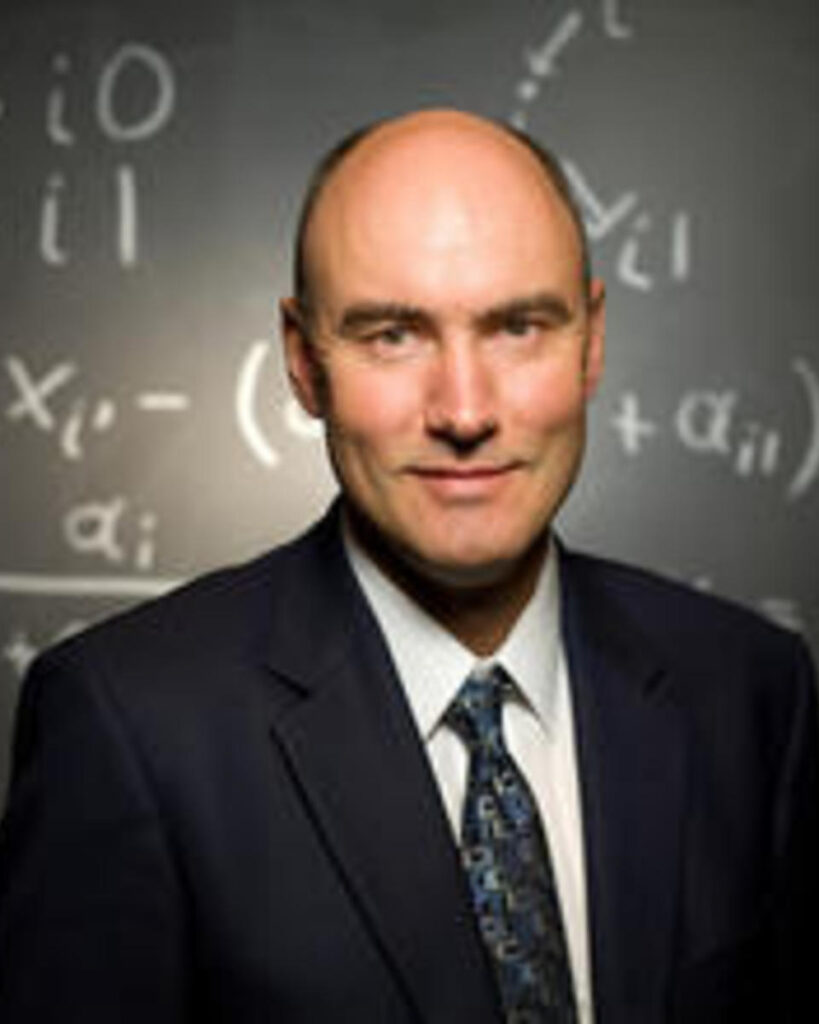
Does Evolution Lead Us to God?
Martin Nowak
Professor of Mathematics and Biology, Harvard University
Friday, September 12 at 3:30 p.m. Ruane Center for the Humanities 105
Evolution has governed life on Earth over a period of almost 4 billion years. Prof. Nowak will argue that mutation, selection and cooperation are the three fundamental principles of evolution: 1) Mutation generates variation, 2) Natural selection acts on variation, 3) Cooperation establishes higher levels of adaptation. This talk will explore how cooperation is the master architect of biological complexity–and, in the human realm, a preparation for love. Drawing on his recent books, entitled Beyond and Within, Prof. Nowak will argue that science and mathematics call for worldviews that combine naturalism and theism–and that evolution prepares us for a life that is oriented toward the highest good.
Read more about this event.
Martin Nowak is Professor of Mathematics and Biology at Harvard University. He is a leading researcher in the areas of theoretical and evolutionary biology. He has proposed that cooperation is the third fundamental principle of evolution, alongside mutation and selection. His work has helped to create fields such as evolutionary dynamics, virus dynamics, mathematical oncology, evolution of cooperation, evolutionary graph theory, and indirect reciprocity. Before coming to Harvard in 2003, he held professorships at the University of Oxford and the Institute for Advanced Study in Princeton. He has published more than 500 papers and six books. His two most recent books, Beyond and Within, are contemplative studies of questions that arise at the interface of science, philosophy and religion.
September 18, 2025
Constitution Day Lecture made possible by a grant from the National Endowment for the Humanities
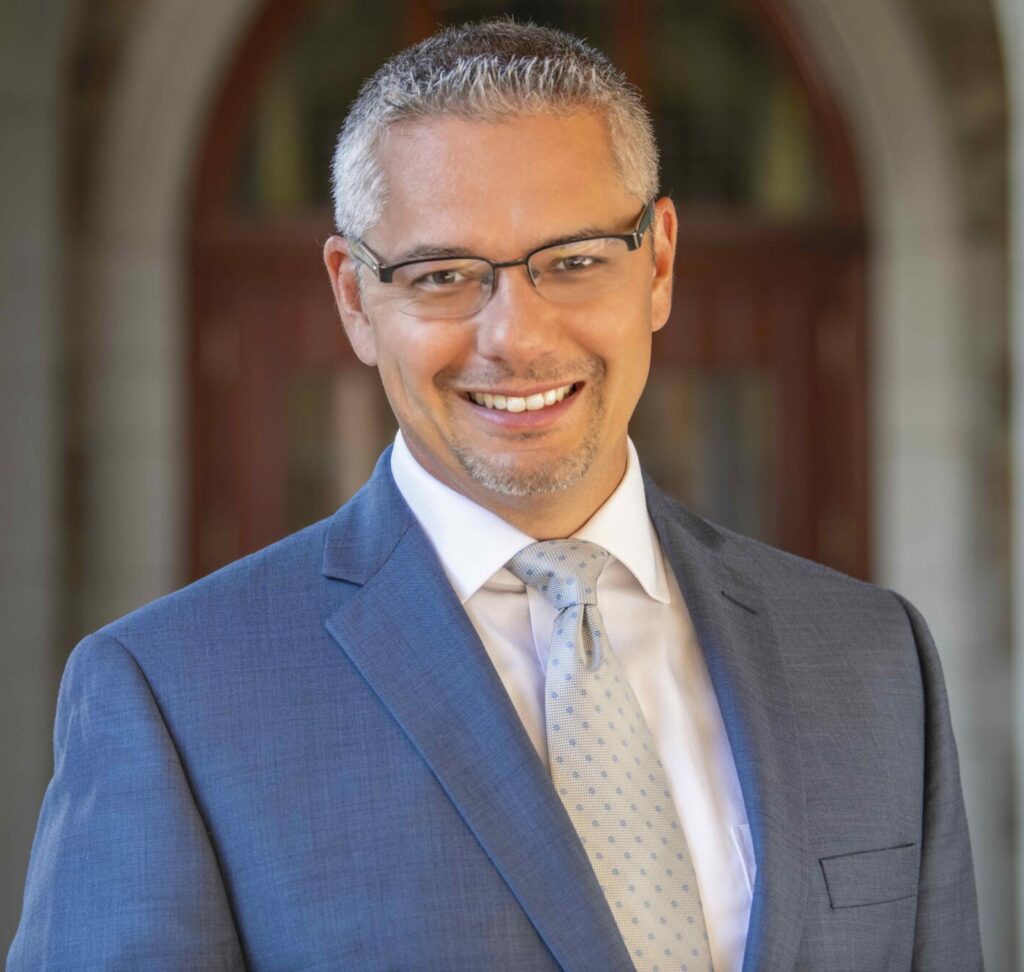
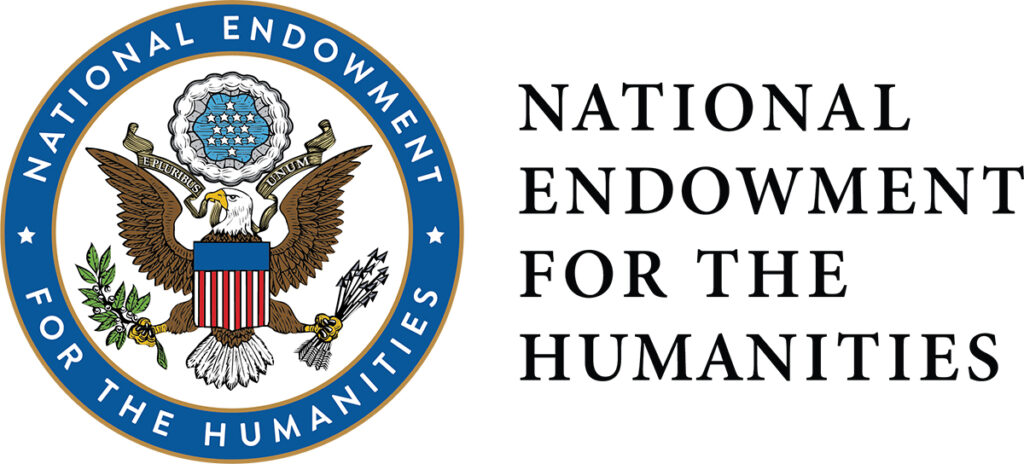
Should We Celebrate the Declaration of Independence? Political Authority, Religious Authority, and the American Revolutions of 1776
Vincent Phillip Muñoz
Professor of Political Science and Law, University of Notre Dame
Thursday, September 18 at 4:30 p.m.
Ruane Center for the Humanities 105
Should we celebrate the 250th anniversary of the Declaration of Independence? If so, what should we celebrate? In his lecture, Dr. Vincent Phillip Muñoz will address these questions by exploring the American Founding Fathers’ political philosophy of political authority and its limits. Dr. Muñoz will discuss, in particular, how Catholic political thinkers might understand the relationship between political authority and religious authority in the principles of the American Founding.
Read more about this event.
Vincent Phillip Muñoz is the Tocqueville Professor of Political Science and Concurrent Professor of Law at the University of Notre Dame. Professor Muñoz is the Founding Director of ND’s Center for Citizenship & Constitutional Government. Dr. Muñoz writes and teaches across the fields of constitutional law, American politics, and political philosophy with a focus on religious liberty and the American Founding. He won a National Endowment for the Humanities fellowship to support his most recent book, Religious Liberty and the American Founding: Natural Rights and the Original Meanings of the First Amendment Religion Clauses (2022), published by the University of Chicago Press. His scholarship has been cited numerous times in church-state Supreme Court opinions, most recently by Justice Alito in Fulton v. City of Philadelphia (2021) and by both Chief Justice Roberts and Justice Thomas in Espinoza v. Montana (2020). An award-winning teacher and a popular lecturer, Dr. Muñoz received his B.A. at Claremont McKenna College, his M.A. at Boston College, and his Ph.D. at Claremont Graduate School.
September 26, 2025
In collaboration with the C.S. Lewis Fellowship
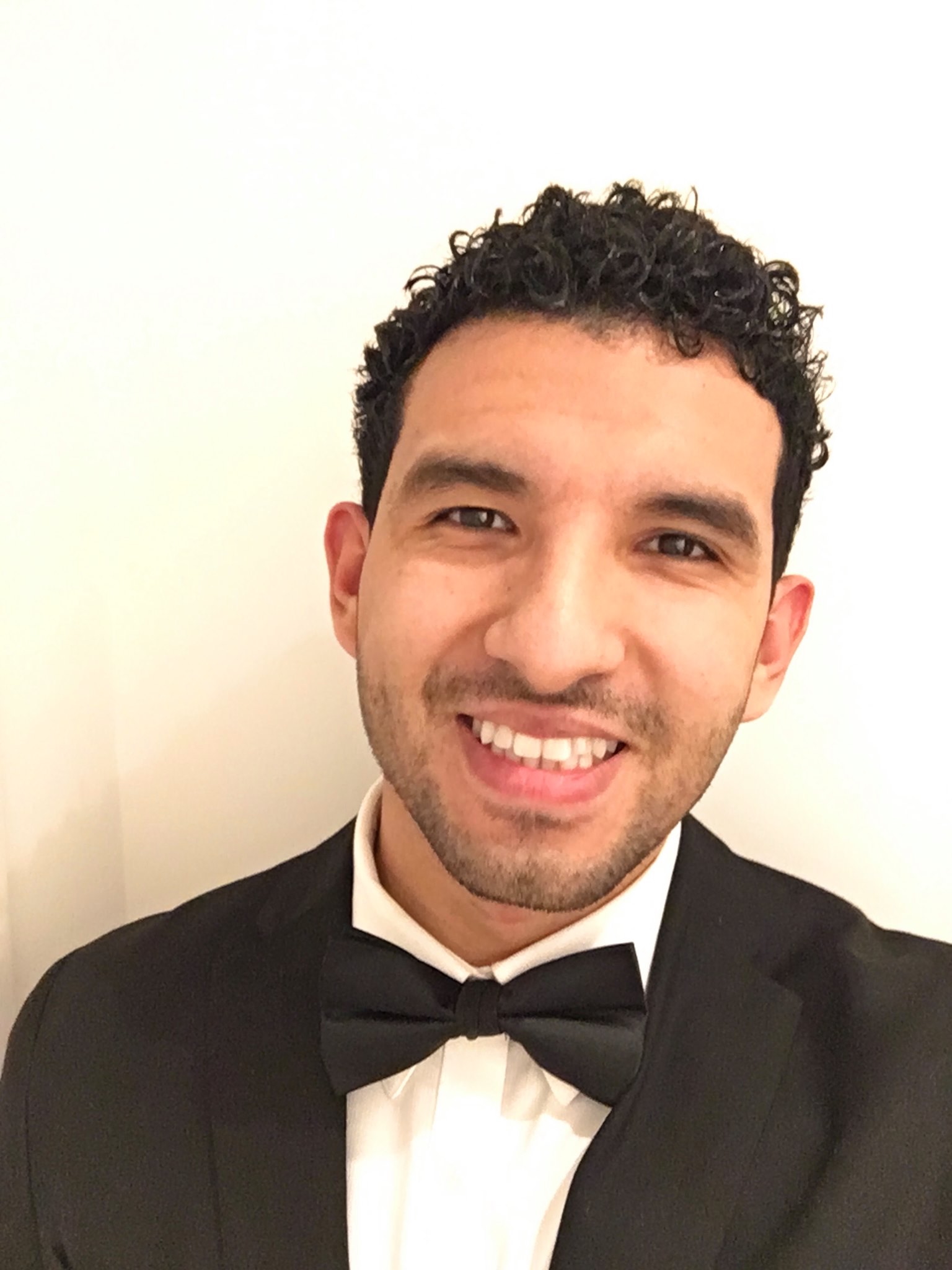
The Divine Tragi-Comedy: C.S. Lewis on Creation, Crucifixion, & Love
Jahdiel Perez
Assistant Professor of Humanities and Sciences, Villanova University
Friday, September 26 at 3:30 p.m.
Ruane Center for the Humanities 105
Critics often suspect that Christianity promotes escapism from the tragic conditions of human life, while others claim that it negates genuine human joy and laughter. Thus, Christianity is criticized for being insufficiently sorrowful but also insufficiently joyful. C.S. Lewis, I argue, presents a tragi-comic vision of Christianity that unites joy and sorrow. By examining his treatment of Creation, Crucifixion, and Love, we can see how Lewis’s theological imagination responds to both lines of criticism.
Read more about this event.
Jahdiel Perez is Assistant Professor of Humanities and Sciences at Villanova University, PA, USA. He holds a DPhil in Theology from the University of Oxford, where he served as President of the Oxford C.S. Lewis Society and as a Doctoral Fellow with the Oxford Centre for Christian Apologetics. His ongoing research includes modern theology and literature, specifically the works of C.S. Lewis and Nietzsche, and psychological approaches to theodicy. He is currently working on revising his doctoral dissertation on C.S. Lewis into a monograph.
October 2, 2025
Made possible by the Lynde and Harry Bradley Foundation
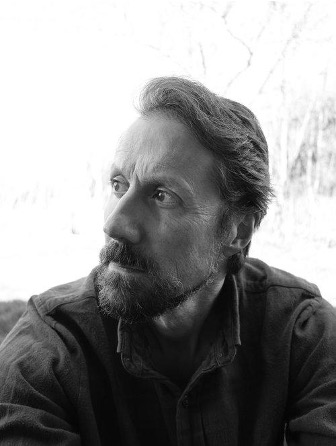
Against the Machine: On the Unmaking of Humanity
Paul Kingsnorth
Novelist, poet, and essayist
Thursday, October 2 at 4:30 p.m.
Ruane Center for the Humanities 105
The crisis of modern times is resisting the encroaching force Paul Kingsnorth calls the Machine. Disguised as “progress,” the Machine is choking Western civilization, destroying the Earth itself, and reshaping us in its image. From the First Industrial Revolution to the rise of artificial intelligence, Kingsnorth argues, a combination of technological, economic, political, and spiritual forces has hollowed out humanity. In the age of the Machine, it will take great effort to preserve our humanity.
Read more about this event.
Paul Kingsnorth is an English writer and thinker living in the west of Ireland. He is the author of ten books of fiction, non-fiction, and poetry, including The Wake, which was longlisted for the Man Booker Prize. His latest book, Against the Machine, comes out on September 23.
October 17, 2025
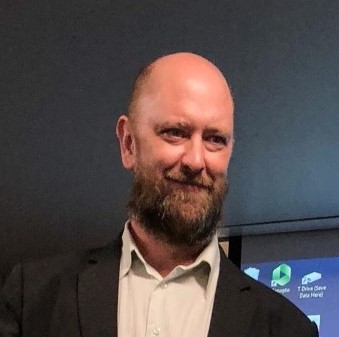
How Business Can Make You a Better Human Being
Andrew Gustafson
Professor of Business Ethics, Creighton University
Friday, October 17 at 3:30 p.m.
Ruane Center for the Humanities 105
Most of us want a meaningful life. How can business provide a profit and income, while also providing a meaningful existence to us? We often fear that to succeed in business, we have to ‘sell our soul’ and not expect a spiritually enriching experience in business. But what if business — far from separating us from our desire for a meaningful life — can actually be a source of spiritual challenge and enrichment for us? What if business can actually help us find meaning in our lives by helping others, especially the poor, while we make a profit? That is what the Economy of Communion approach to business proposes as a very real possibility. Andrew Gustafson will explain his own experience in property rehab and rental, in which he provides grace and help to many through the day to day activities of his business.
Read more about this event.
Raised on a hog, corn and cattle farm in central Nebraska, Andrew Gustafson attended colleges in Canada and Israel before completing his B.A. in Philosophy and English at UNL(1992). After an M.A. in Christian Thought at Trinity in Chicago (1994), and an M.A. in Philosophy at Fordham (1996) while surviving a bout with cancer, he completed his Ph.D in Philosophy at Marquette (2001). After teaching Philosophy at Bethel University, he joined Creighton as a Professor of Business Ethics. He has published articles or reviews in Business Ethics Quarterly, Teaching Ethics, International Philosophical Quarterly, and many other places, and has given more than 100 academic or professional presentations at conferences and workshops, from Texas to Iran.
October 24, 2025
Ex Corde Ecclesiae Lecture
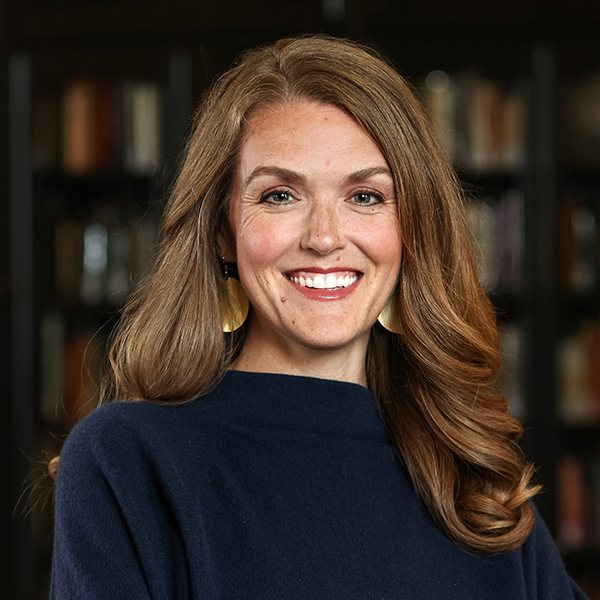
The Wisdom of a Liberal Arts Education
Jennifer Frey
Professor of Philosophy, University of Tulsa
Friday, October 24 at 3:30 p.m.
Ruane Center for the Humanities 105
What is liberal about a liberal arts education? And what is its value, especially in an era when artificial intelligence is omnipresent? If a liberal education is one that befits a free person and citizen–as the Western tradition contends–what sort of study could possibly accomplish this? What is the role of philosophy and theology in such study?
Drawing on the thought of Aristotle, Aquinas, and Newman, Dr. Frey will address why the pursuit of virtue and wisdom through the traditional liberal arts is essential as we enter an uncertain future where AI threatens to displace human thinking, labor, creativity, and connection.
Read more about this event.
Jennifer Frey is a Professor of Philosophy at the University of Tulsa, where she previously served as the inaugural Dean of the Honors College. Prior to Tulsa, she was an associate professor of Philosophy at the University of South Carolina, where she was also the Peter and Bonnie McCausland Fellow in the College of Arts and Sciences.
Jennifer earned her Ph.D. in philosophy at the University of Pittsburgh and her B.A. in Philosophy and Medieval Studies (with a Classics minor) at Indiana University-Bloomington. She has published widely on virtue and moral psychology, and she has edited three academic volumes on virtue and human action: Self Transcendence and Virtue: Perspectives from Philosophy, Psychology, and Theology; Practical Truth; and a forthcoming volume on Practical Wisdom. She is currently writing a book on the ethics of Thomas Aquinas. Her non-academic writing has been featured in First Things, Image, The New York Times, and the Wall Street Journal among other venues. She hosts a philosophy, theology, and literature podcast titled Sacred and Profane Love.
October 31, 2025
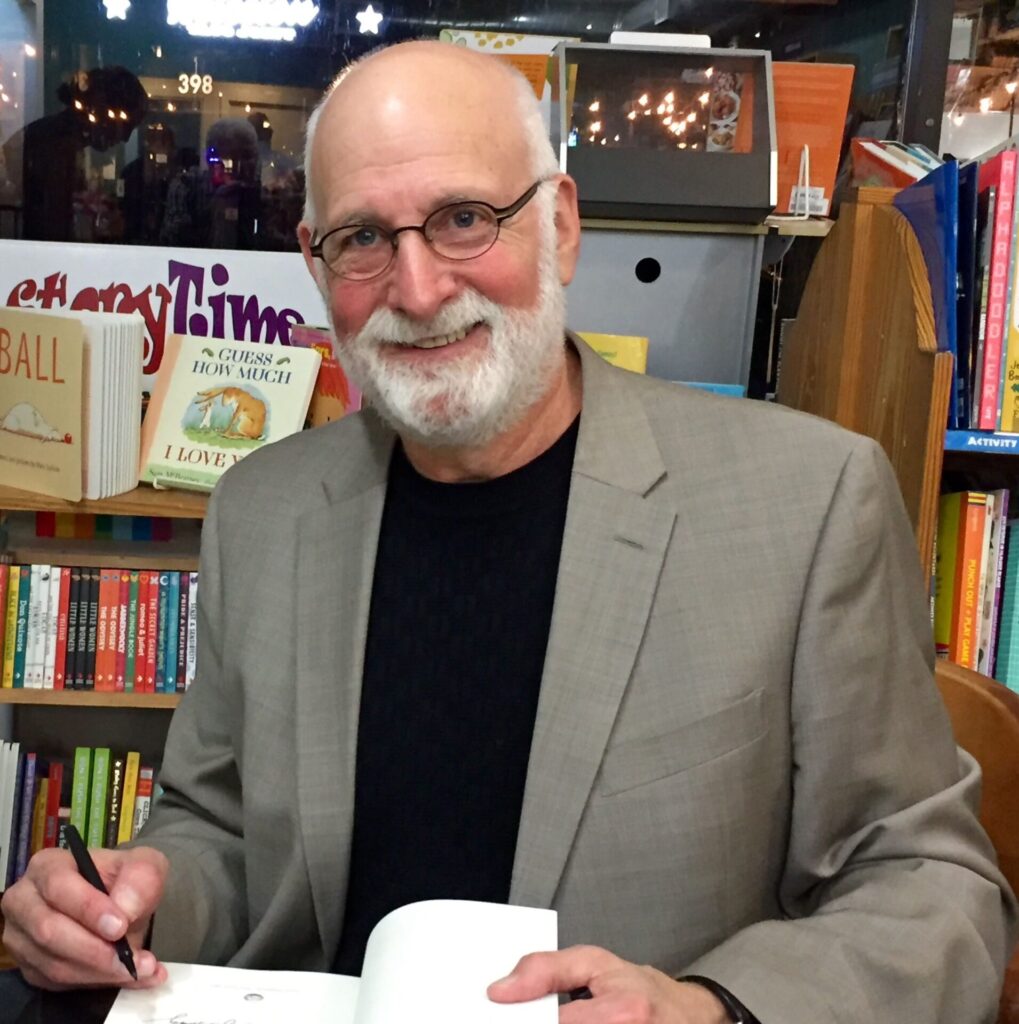
The Three Faces of Alma: Tennessee Williams’s Most Beloved Character Re-Examined
Henry Schvey
Emeritus Professor of Drama, Washington University in St. Louis
Friday, October 31 at 3:30 p.m.
Ruane Center for the Humanities 105
When asked who his favorite character was, Tennessee Williams never hesitated–“Miss Alma,” he said, “She seemed to exist somewhere in my being.” Profoundly autobiographical, Alma’s journey charts the playwright’s own journey of discovery from the spirit to the flesh. But Alma Winemiller of Summer and Smoke was not created in a vacuum; and while writing the play, Williams experimented with the same material in two other genres–short fiction and painting–to discover its essence. Taken together, these three distinct but interlocking portraits not only help us understand Alma’s character in greater complexity, they illuminate the playwright’s own interdisciplinary creative process in highly unexpected ways.
Read more about this event.
Henry Schvey is Emeritus Professor of Drama at Washington University in St. Louis, where he has taught since 1987. Henry arrived at Wash U. as Chair of the Performing Arts Department, and served in that position for twenty years until 2007. Prior to coming to Wash U., he taught at Leiden University in the Netherlands as a professor of English and American literature. While living in the Netherlands, Henry founded LEST (the Leiden English Speaking Theatre), and was Artistic Director of that touring Dutch company until moving back to the U.S.
Henry is a stage director, memoirist, and playwright as well as a scholar of modern American and European drama. His memoir, The Poison Tree, was published in 2016. A play Tennessee Kissed Me, was recently selected winner of the Playwriting Initiative at the Tennessee Williams Festival St. Louis, and is scheduled to have a staged reading later this fall. He has published essays on Edward Albee, David Mamet, Arthur Miller, Sam Shepard, and Lanford Wilson among others. A recent book Blue Song: St. Louis in the Life and Work of Tennessee Williams was published in 2021, while another, The Plastic Theatre of Tennessee Williams, is scheduled to be published by Edinburgh U. Press in 2027. His talk on Summer and Smoke is based on his research for the forthcoming book on Williams and the visual arts.
November 7, 2025
In collaboration with the School of Nursing and Health Sciences
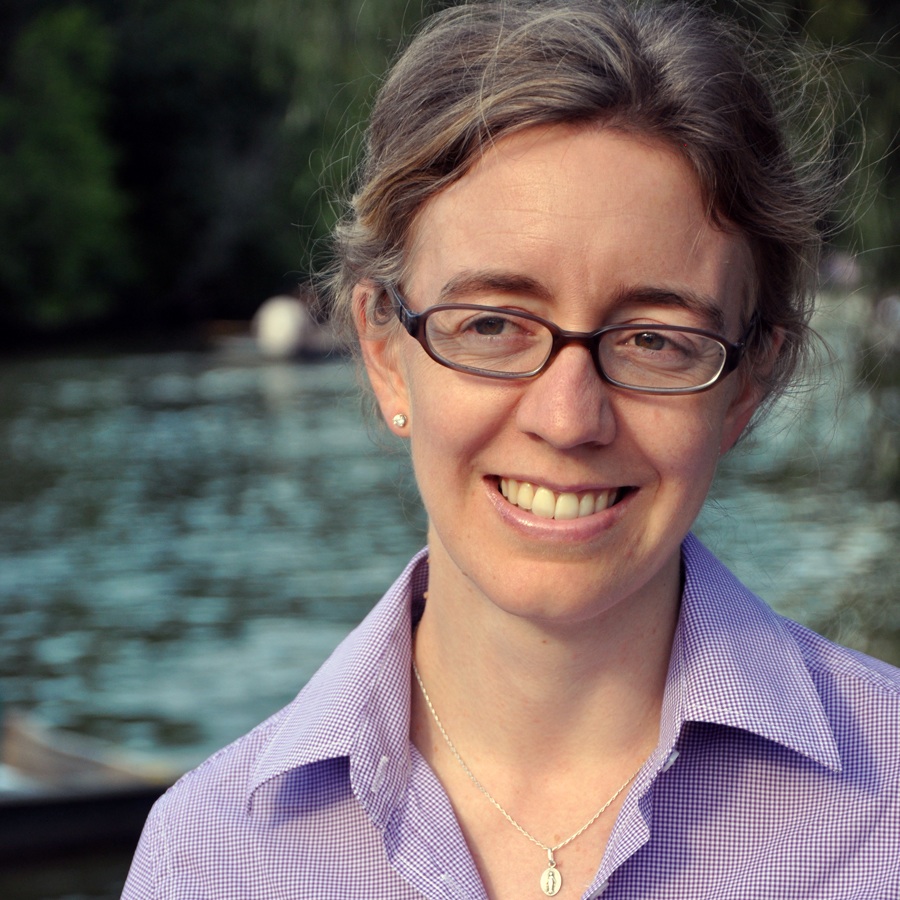
Restoring Healthcare to Women’s Health
Anna Halpine
Founder & CEO of FEMM Health and World Youth Alliance
Friday, November 7 at 3:30 p.m.
Ruane Center for the Humanities 105
Despite a significant focus on women’s health, many women still find it difficult to get answers and access care to symptoms and concerns that they face. Even a basic diagnosis for common conditions ranging from PCOS to endometriosis can take 8-12 years.
Beneath this unacceptable state of affairs is an impoverished understanding of the human person that has limited how we think about our bodies and hormones. Fortunately, advances in reproductive endocrinology now allow accurate and timely diagnoses of the underlying causes of many common conditions– resulting in better health outcomes in the short and long-term. Equipped with an understanding of these scientific advances, informed patients can become advocates for their own healthcare and the healthcare of others.
Read more about this event.
Anna Halpine is the Founder and CEO of FEMM, a non-profit organization committed to women’s health. She has been involved in human rights, women’s health, and global partnership development for the past 18 years. She founded the World Youth Alliance and was the WYA president from 1999 to the spring of 2007. Originally from Canada, she currently lives in New York City. She holds a Masters in Philosophy of Religion from Yale University (2009).
November 14, 2025
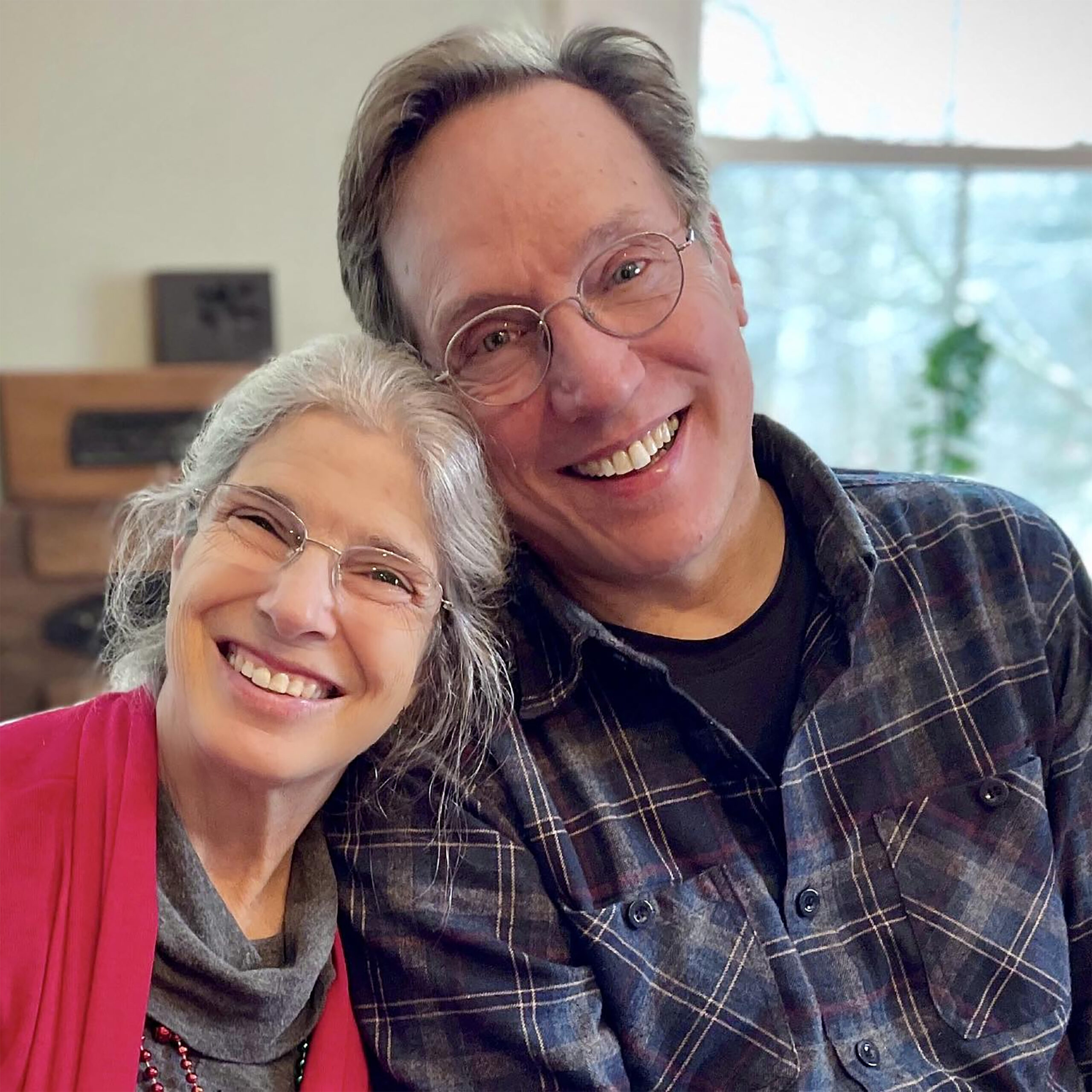
Makers by Nature: Art, Hospitality, and Hope
Bruce Herman
Painter and author
Friday, November 14 at 3:30 p.m.
Ruane Center for the Humanities 105
(One of the triptych paintings of Bruce Herman’s Magnificat will hang in Ruane 105 from November 1 to the end of the semester. He writes:)
The world needs handmade things. By making art, music, and poetry we welcome others into our most intimate space of feeling. Our home is filled with handmade objects. People who visit remark on feeling mysteriously relaxed the minute they arrive, and without thinking they put their feet up on the furniture. I believe this has everything to do with the fact that I built the house with my own hands using local materials. The walls and shelves are covered with children’s art as well as work by professionals and a multitude of found objects. There are guitars, piano, accordion, harmonicas, hundreds of pencils, markers, brushes and lots of paint and paper––along with an open invitation for anyone to sing, play, participate and make things. Making art is an act of hospitality and hope.
Just before Christ suffered his sacrificial death, he hosted a quiet meal with his friends as a last act. “This is my body, broken for you. This is my blood…” His words are the final word on hospitality, and the act of making a work of art is analogous: offering your heart and mind –– baring your soul to others –– is the “meal” for the stranger. Sacrifice and art are joined in an essential way.
Read more about this event
Bruce Herman is an American painter, author, and speaker. He and his wife Meg live in a big house in Gloucester, Massachusetts with extended family along with two dogs, two cats, and a horse. He has his studio there, and his paintings, prints, and drawings have been exhibited in more than 150 shows––in Washington, New York, Boston, Chicago, Los Angeles––and in Italy, England, Japan, Canada, Hong Kong, and Israel. Herman’s artwork is featured in many public and private art collections including the Vatican Museum of Modern Religious Art in Rome; The Cincinnati Museum of Fine Arts print collection; The Grunewald Print Collection of the Hammer Museum, Los Angeles; DeCordova Museum in Boston; the Cape Ann Museum; and in many colleges and universities throughout the United States and Canada.
Bruce’s written work and art are published in many print and online journals and books, most recently Makers by Nature with IVP Academic Press, 2025. His writing and paintings are featured in several other books: A Broken Beauty (Eerdmans, 2006), Magnificat (2006), QU4RTETS (2013), Through Your Eyes (monograph with Eerdmans, 2013), and Golgotha (1993). Professor Herman taught and curated exhibitions at Gordon College from 1984 to 2023 and was the founding chair of the Art Department (begun 1988). He held the Lothlórien Distinguished Chair in Fine Arts––the college’s first endowed faculty appointment.
November 21, 2025
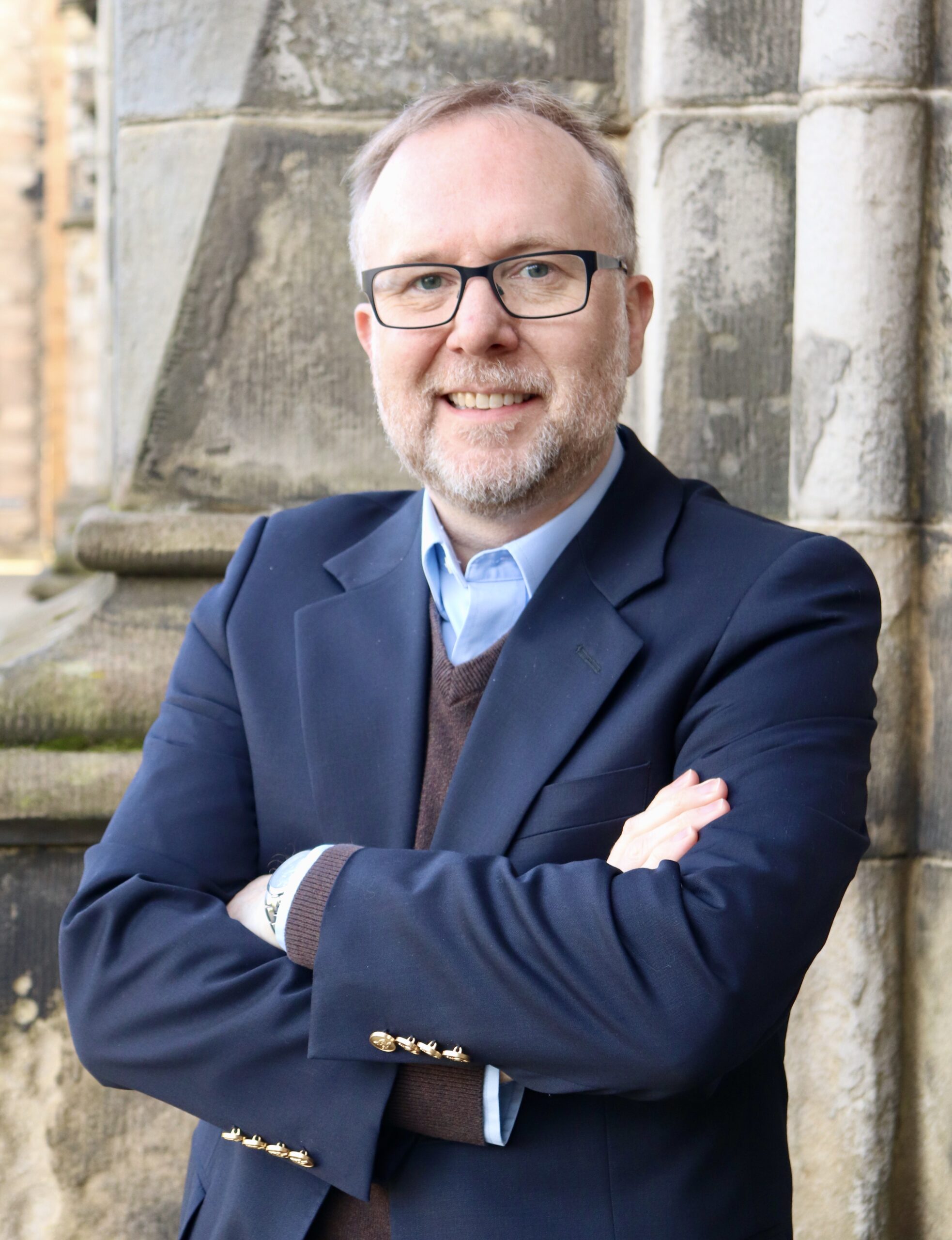
Rethinking the Atonement: How Early Christians Conceptualized Sacrifice.
a conversation with David Moffitt
Professor of Divinity, St. Andrews University
Friday, November 21 at 3:30 p.m.
Ruane Center for the Humanities 105
We tend to assume that sacrifice involves killing animals on an altar. We also often assume atonement has to do with ways that Jesus’s death on the altar of the cross deals with sins. A few observations about Jewish sacrifice, however, quickly problematize these assumptions. For example, the fact that no animals were killed on the altars at the Jewish temple complicates simplistic equations between Jesus’s death on a cross and the sacrifice of animals at the temple. Professor Moffitt’s work on Hebrews, ancient Jewish sacrifice, and ancient priestly ministry provide new insights into how we conceptualize sacrifice and the ways early Christians appealed to sacrifice and priestly service to think about Jesus’s death, resurrection, and ascension.
Read more about this event.
David Moffitt came to St. Andrews in 2013, having previously taught New Testament at Duke Divinity School and Campbell University Divinity School. His research interests orbit around the various ways the earliest Christians understood Jesus and their own identities in relation to Jewish scripture, practices, and beliefs. His work is especially focused on the Epistle to the Hebrews and the strategies the text employs to interpret early Christian claims about Jesus’s death, resurrection, and ascension in high-priestly and sacrificial terms. He is the author of two books, essays in various edited volumes, and numerous peer-reviewed journal articles. His book Atonement and the Logic of Resurrection in the Epistle to the Hebrews was a recipient of a Manfred LautenschlägerAward for Theological Promise (2013).
December 12, 2025
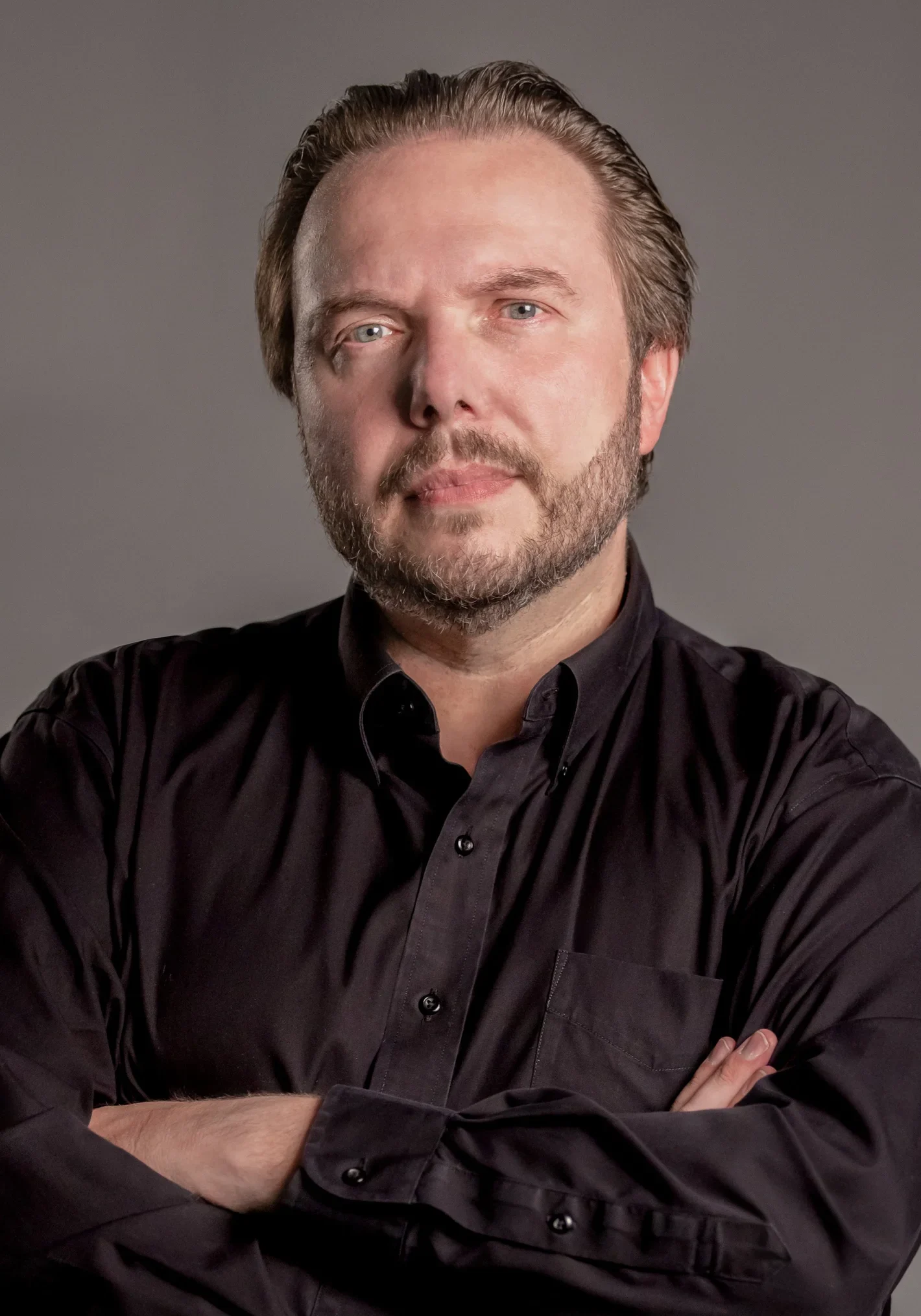
A Conversation with Ignat Solzhenitsyn
Ignat Solzhenitsyn
Conductor, pianist, and author
Friday, December 12 at 3:30 p.m.
Ruane Center for the Humanities 105
Ignat Solzhenitsyn joins the Humanities Forum for a conversation on the life and work of his father Alexandr Solzhenitsyn, the Nobel Prize-winning Russian author and voice of freedom. He recently published We Have Ceased to See the Purpose: Essential Speeches of Alexandr Solzhenitsyn, an annotated edition that explores the mysterious purpose of art, the two-edged nature of limitless freedom, the decline of faith in favor of legalistic secularism, and—perhaps most centrally—the power of literature, art, and culture to elevate the human spirit.
Read more about this event.
Ignat Solzhenitsyn has served as translator and editor of some of his father’s work. He has gained international renown as both conductor and pianist. He serves as Principal Guest Conductor of the Moscow Symphony Orchestra and Conductor Laureate of the Chamber Orchestra of Philadelphia, leading major orchestras worldwide including Baltimore, Cincinnati, Dallas, and the Mariinsky Orchestra. He has collaborated with renowned soloists such as Anne-Sophie Mutter, Mstislav Rostropovich, and Mitsuko Uchida. An avid chamber musician and frequent festival performer, Mr. Solzhenitsyn is an Avery Fisher Career Grant winner and faculty member at the Curtis Institute of Music. Born in Moscow, he resides in New York City.





